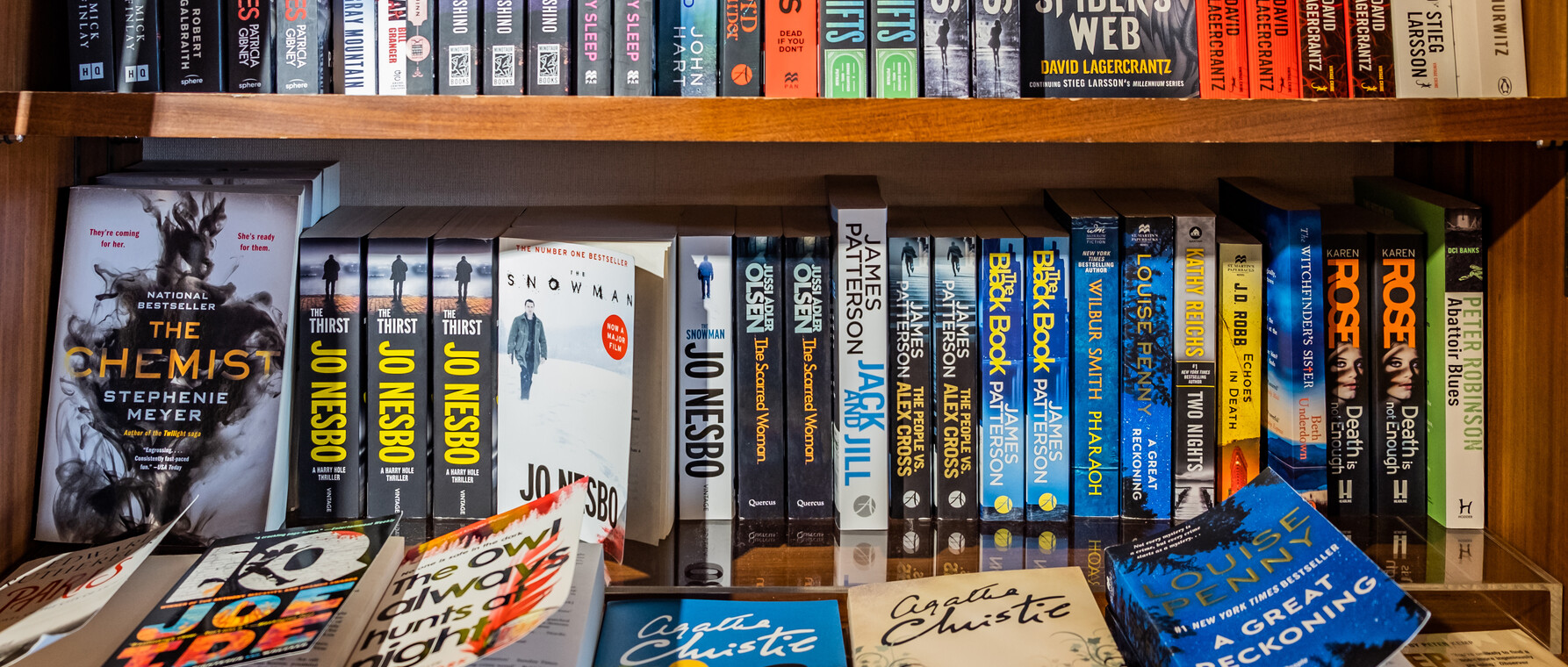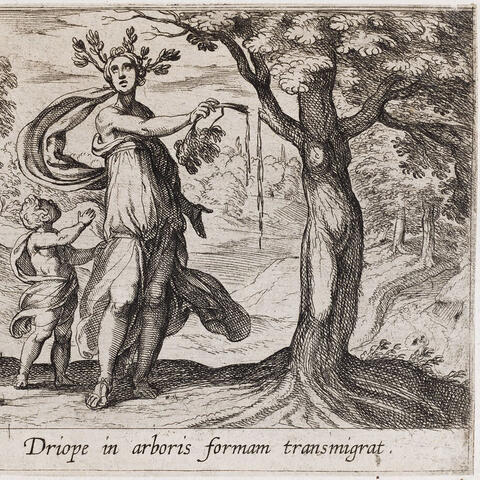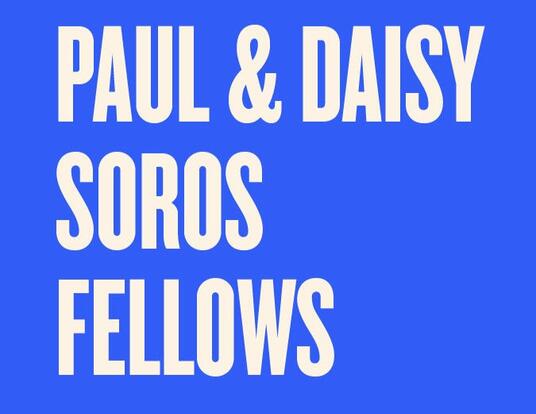Notes From a Writer's Desk: Title To Be Determined

In Anthony Horowitz’s novel, The Word is Murder, a novelist (also named Anthony Horowitz) agrees to serve as a ghostwriter for former London police detective Daniel Hawthorne. At one point during his investigation, Hawthorne inquires if the writer has come up with a title for the book about their current case and is shocked to hear that Horowitz has not. “Don’t you think of the title first?” he asks. “Not really. No,” replies Horowitz. The fictional novelist explains in his narration that “the vast majority [of novels] have just two or three words on the surface measuring no more than six by nine inches to sell themselves. Titles have to be short, smart and meaningful, easy to read, easy to remember, and original. That’s asking a lot.”
While academic writers generally have more than two or three words to work with, the pressure to generate the perfect title spans genres. Wendy Belcher makes the stakes worryingly clear in Writing Your Journal Article in Twelve Weeks, arguing that the title is in many ways the most important part of one’s work: “Your title is the highway billboard of your article, the only part of it most scholars will ever read, and even that only briefly as they whip by on their way to other destinations.” Because it is short and representative, she reasons, your title will be read likely thousands of times more than the work it represents, as it appears on your CV, on websites, in databases, bibliographies, and so on.
How, then, to relieve some of this pressure? How does one go about generating a title that captures the essence of a piece of writing? One strategy is to start early. Your title likely won’t be finalized until your draft is nearly complete, but it’s best to avoid panicked, last-minute title generating for a conference paper or a chapter. Start with a provisional title, and keep a running list of ideas: phrases, keywords, puns, anything you think might work later. Keywords are important both to succinctly define the parameters of your work and to help your work be found via online searches. Another perk of a messy list of ideas is that if you need to present a slightly different version of this work in the future, you’ll already have some extra ideas from which to choose.
Not surprisingly, spending some quality time with titles can also do a lot to help you with your own. Give yourself the assignment of looking through your bookshelf, your bibliography, or a recent conference program. What titles stand out to you, and why? What trends do you notice? If you are familiar with the content of some of these works, do you feel the titles reflect the material? Consider assessing titles with a colleague to benefit from their experience as well. And on that note, when it comes to thinking up your own title, talking through your main points with a friend can be a huge help. This is especially true if you’ve grown too close to your work and are tempted to use “An Okay Conference Paper: Possibly Field-Changing Work Revealed” because you have absolutely no ideas.
Finally, check out published resources on academic writing to gain additional perspective. Wendy Belcher provides plenty of examples and has a step-by-step assessment to check that your title is clear and specific. Those in the humanities might reference Eric Hayot’s The Elements of Academic Style, in which he posits that most titles follow the pattern “Evocative, Opaque Title: Descriptive, Thematic Subtitle.” As Angel Borja writes, titles in the sciences (usually without subtitles) should also aim for specificity and avoid jargon. Even with these strategies, you may not come up with a clever title every time, and that’s okay. In the end, you will find something that suits your purpose, because this is your work and you know it best. When telling Hawthorne about his final title decision, the fictional Horowitz explains, “After all, I’m a writer, you’re a detective. That’s what it’s all about.”
Banner courtesy of Shutterstock
Get the Latest Updates
Join Our Newsletter
Subscribe to Colloquy Podcast
Simplecast Stitcher





